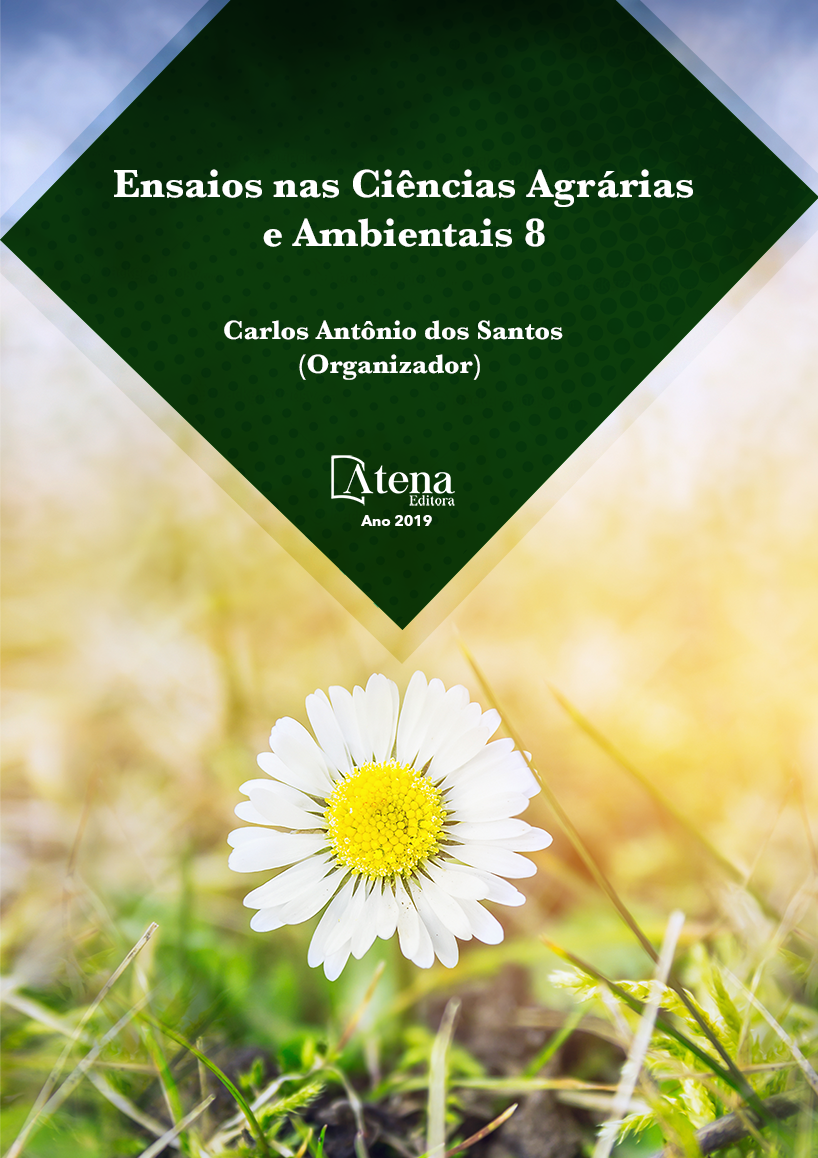
BALATEIROS DO MAICURU: TRABALHO, CONHECIMENTOS TRADICIONAIS E MEMÓRIA COMO EXPERIÊNCIA SOCIAL
Este artigo debruça-se no estudo
das relações culturais empreendidas por
extrativistas de balata (Manilkara bidentata)
nos municípios de Almeirim, Alenquer e Monte
Alegre, Pará. Objetiva-se a valorização da
identidade, memória, cultura do grupo e a
estruturação de uma base teórica para a
divulgação e reconhecimento das memórias de
trabalho e conhecimentos tradicionais desses
extrativistas. Os sujeitos desta pesquisa compõe
um grupo tradicional de extrativistas de balata
que extrai sistematicamente o látex dessa árvore
desde 1930 até os dias atuais. Buscou-se, por
meio da observação participante e métodos
etnográficos resgatar a memória e história de
balateiros ativos e ex-balateiros, reconstituir
os contextos, processos, modos de fazer, viver
e reproduzir o trabalho em suas experiências
sociais. Como principais resultados tem-se,
a constatação de que ofício de balateiro teve
como características marcantes complexas e
hierarquizadas relações de trabalho, baseadas
no sistema de aviamento. E que as inter-relações
que envolvem balateiros e floresta, constituem
um modelo de sustentabilidade pautado em
conhecimentos locais sobre as dinâmicas
da floresta e suas transformações naturais.
Entende-se que esse modelo sustentável é
tecido a partir de complexas e indissociáveis
relações entre homem e natureza, essas
relações moldam os modos de fazer, viver e
reproduzir de balateiros.
BALATEIROS DO MAICURU: TRABALHO, CONHECIMENTOS TRADICIONAIS E MEMÓRIA COMO EXPERIÊNCIA SOCIAL
-
DOI: 10.22533/at.ed.5101927027
-
Palavras-chave: Sustentabilidade, Conhecimentos tradicionais, Balateiros.
-
Keywords: Sustainability, Traditional knowledge, Balateiros.
-
Abstract:
This article focuses on the study
of cultural relations undertaken by extraction of
balata (Manilkara bidentata) in the municipalities
of Santarém, Alenquer and Monte Alegre, Pará.
The purpose is the development of identity,
memory, group culture and the structure of a base for the dissemination and recognition
of the work memories and traditional knowledge of these extractivists. The subjects
of this research make up a traditional group of extracts of balata that systematically
extracts the latex of this tree from 1930 to the present day. It sought, through participant
observation and ethnographic methods to rescue the memory and history of balateiros
active and former balateiros, reconstruct the contexts, processes, ways of doing, live
and reproduce the work in their social experiences. The main results has been the
realization that balateiro craft had as complex and striking features hierarchical working
relationships, based on the dispensing system. And that the interrelations involving
ballet trees and forest constitute a model of sustainability based on local knowledge
about the dynamics of the forest and its natural transformations. It is understood that
sustainable model is woven from complex and inseparable relationship between man
and nature, these relationships shape the ways of doing, live and play balateiros.
-
Número de páginas: 15
- Rosiane de Sousa Cunha
- Suelen Maria Costa Monteiro
- Wandicleia Lopes de Sousa
- Marcelo Araújo da Silva


